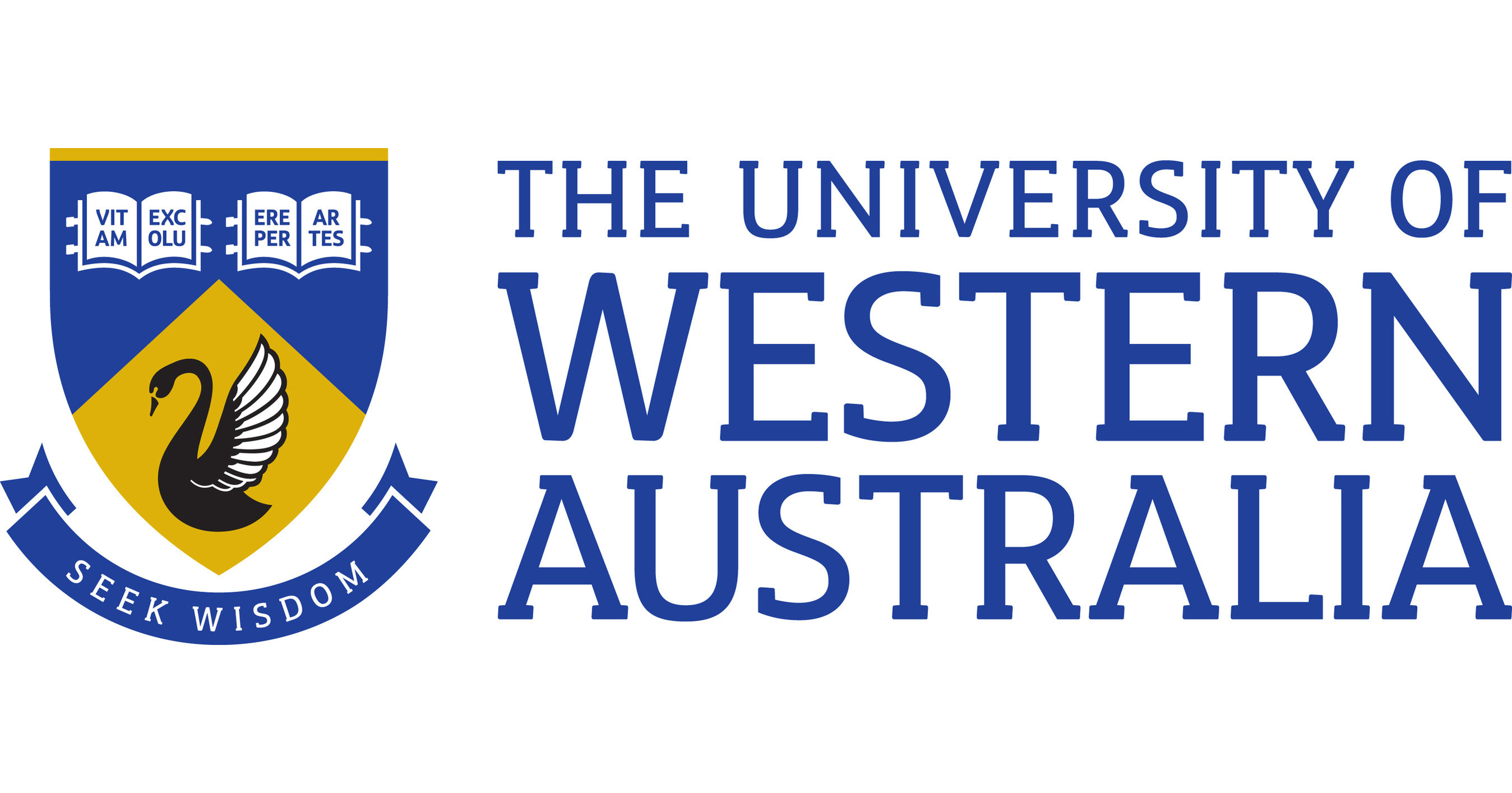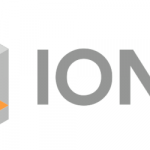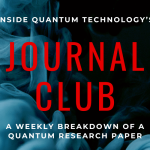Quantum News Briefs: November 24, 2023: Quantum Application Lab Secures SESA Grant; Massachusetts Looking to Grow Quantum Sector; U of Western Australia offers new major in Quantum Computing

Quantum News Briefs: November 24, 2023:
Quantum Application Lab secures SESA grant for quantum computing application development

The Quantum Application Lab (QAL) has received a major financial boost from the Amsterdam municipality, being awarded the “Subsidie Economische Structuur en Arbeidsmarktversterking” (SESA) grant of 1.2 million euros. This investment is a significant step in strengthening the local economy and labor market, specifically focusing on enhancing the application of quantum technologies in diverse sectors, including life science, health, energy, automotive, and finance. The grant will enable QAL to expand its operations, particularly in developing quantum computing applications. It will also facilitate the appointment of new quantum innovation officers to bridge the gap between academic research and practical market applications. Koen Leijnse, QAL’s innovation officer, emphasized the importance of this support in creating high-value jobs and advancing quantum computing technology. The QAL consortium, which includes a range of partners from universities to high-performance computing and software development experts, aims to make quantum computing more accessible and beneficial across various industries.
Massachusetts Looking to Grow Quantum Tech Sector
Massachusetts seeks to establish itself as a key player in the quantum technology sector, aiming to bolster the state’s economy. The Massachusetts Technology Collaborative (MassTech), a quasi-public economic development agency, and its Innovation Institute division spearhead efforts to nurture this emerging field. MassTech’s approach is to support rather than lead the sector’s growth, focusing on hosting events and advocacy and providing targeted funding. A recent report by MassTech highlights Massachusetts’ strengths in quantum research, particularly at institutions like Boston University, Harvard, and MIT. However, it also points out challenges such as the fragmented research community and the need for a clear quantum strategy. The state boasts nearly 50 companies engaged in quantum technology development, from startups to multinational corporations. MassTech recently hosted a conference to promote collaboration and contemplate the frequency and scale of future events. The report also emphasizes the potential for academic spinouts and the need for more entrepreneurial support while recognizing competition from other quantum hubs and the risks of international supply chain dependencies. The state’s strategy aims to balance the long-term research interests of academia with the immediate commercial interests of the industry, fostering collaboration and networking locally and beyond.
University of Western Australia Launches New Quantum Computing Major to Address Skills Gap

The University of Western Australia (UWA) has introduced Western Australia’s first undergraduate major in quantum computing, responding to significant industry demand. Announced by UWA Vice-Chancellor Amit Chakma at the Quantum West industry event, the Bachelor of Advanced Computer Science (Honours) in Quantum Computing is designed to equip students with a comprehensive understanding and technical knowledge in this rapidly advancing field. Australia’s Chief Scientist, Dr. Cathy Foley, praised the initiative, highlighting the transformative potential of quantum technologies in various industries and the importance of integrating quantum science into education to meet future workforce demands. The course offers various subjects, including algorithms, computer systems, high-performance computing, physics, maths, cybersecurity, and philosophy. UWA’s students also have access to a dedicated quantum computing lab and are encouraged to engage with industry and develop startup ideas. The program is part of UWA’s broader educational efforts in quantum technology, which includes initiatives like Quantum Girls to inspire young people. For those wishing to specialize further, UWA offers Master’s and PhD programs with leading experts in the field.
Kenna Hughes-Castleberry is the Managing Editor at Inside Quantum Technology and the Science Communicator at JILA (a partnership between the University of Colorado Boulder and NIST). Her writing beats include deep tech, quantum computing, and AI. Her work has been featured in Scientific American, Discover Magazine, New Scientist, Ars Technica, and more.




















